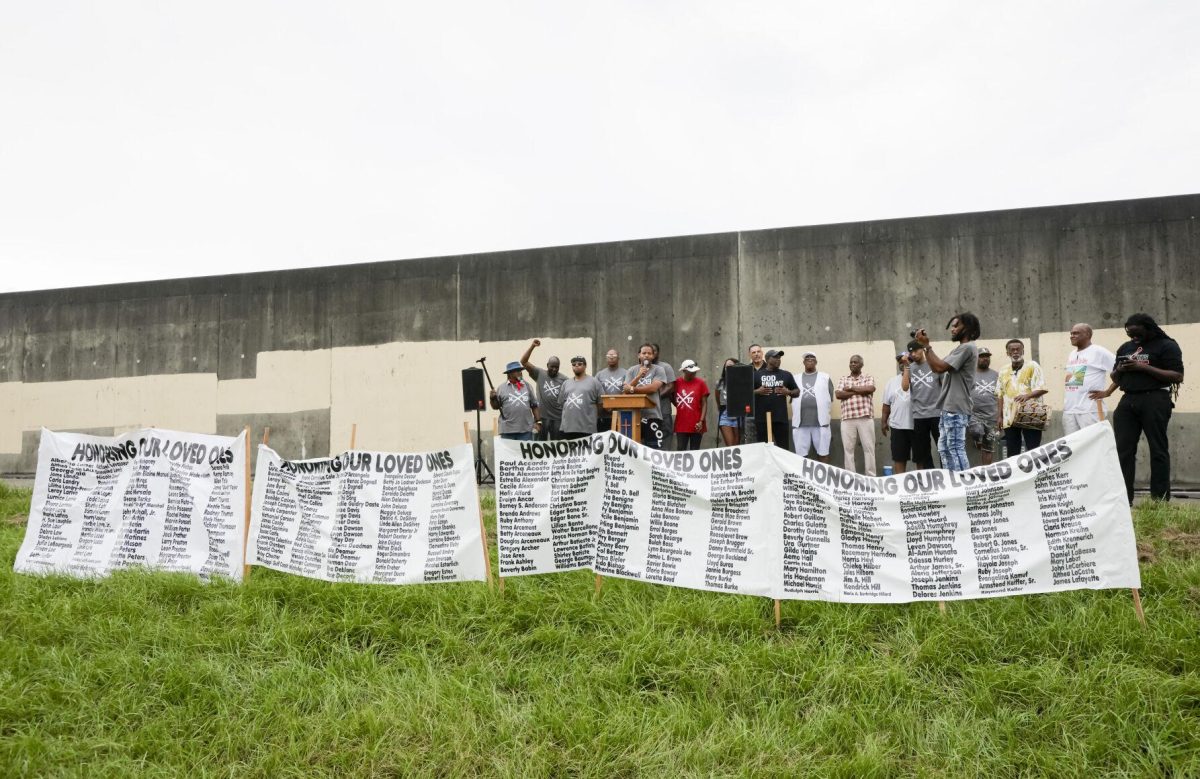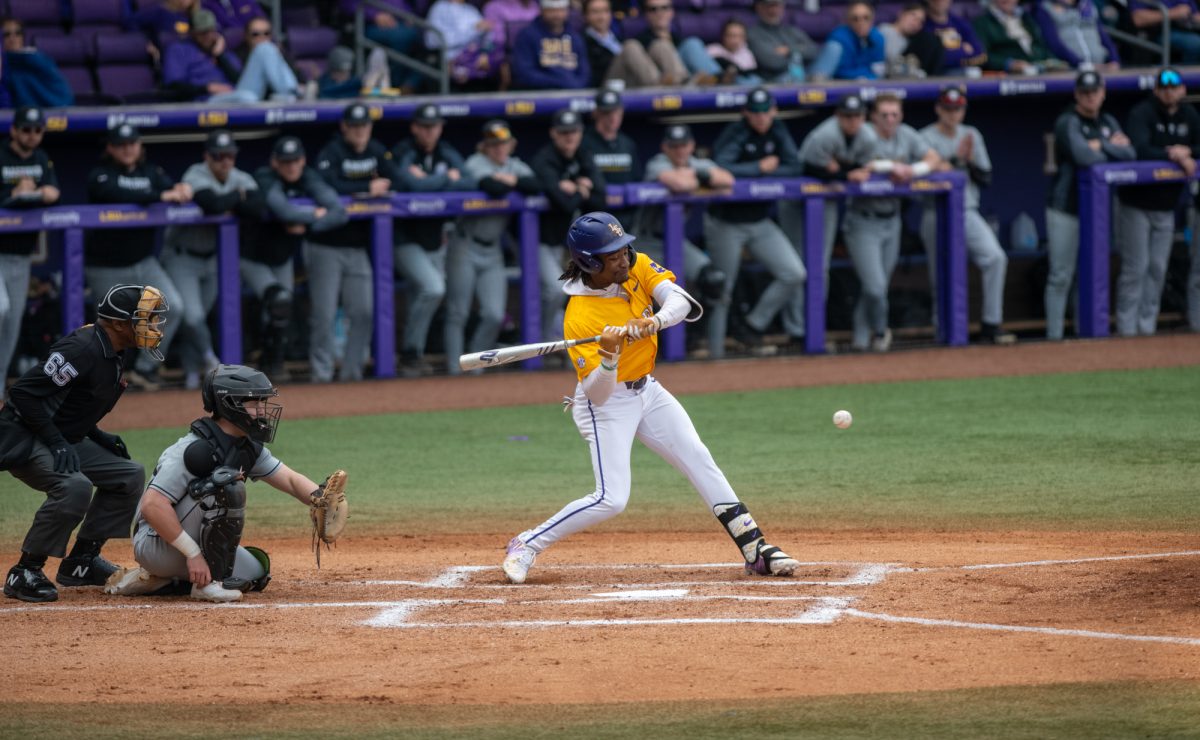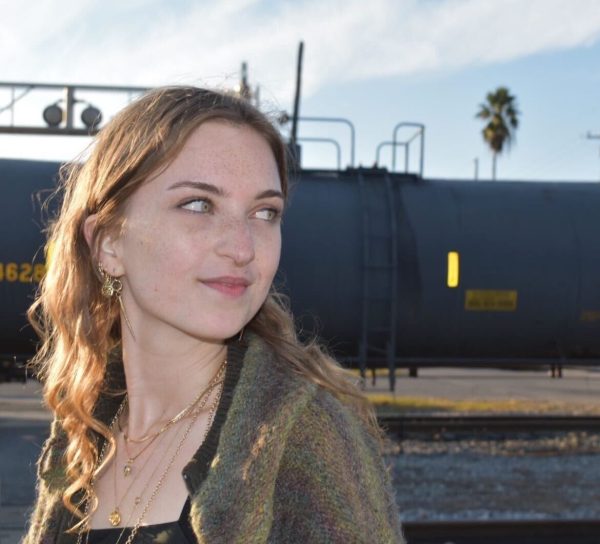While Aug. 29 may not be a date everyone recognizes, for most Louisiana natives it’s a bitter reminder of a storm that took lives, and unalterably changed the gulf coast. Every year on the last weekend of August, the New Orleans Katrina Commemoration Foundation and Hip Hop Caucus organize a second line in honor of those who were affected by Hurricane Katrina, and to bring attention to the city’s lack of infrastructure, as well as the impact of climate change on underprivileged and underfunded communities.
The 19th annual march took place Aug. 31 in the Historic 9th Ward, where the levees first broke in New Orleans. This year’s host was Wild Wayne, one of the most influential figures in New Orleans radio, and the announcer for Pelican’s home games. Along with various other speakers, Rev. Lennox Yearwood, CEO of Hip Hop Caucus, voiced concerns about the disaster’s lingering effects, the need for community solidarity, and the broader implications of government response and support.
“It wasn’t just the fact that Hurricane Katrina happened, it’s more so the fact that in the richest country in the world; black, brown, and indigenous people were left behind to die” said Lennox.
After reading the names of those who passed, Yearwood started a call and response and led the group through the route. A brass band met us halfway through the procession, helping transition the event from mourning to celebration, and it seemed like the intensity of the day encouraged the group to participate with more enthusiasm than usual.
Everyone then headed the Hunter’s Field on Claiborne for a variety of rap, bounce, and brass-band performances by artists like Ms. Tee, Lady Red, Keva Holiday, Iris P, Jordan Michael, and Hot 8 Brass Band, and the crowd continued to grow until hours later.
Along with live music, there were people promoting their nonprofits, vendors with food, clothing, jewelry, and art, and someone who was taking kids on horse rides around the park. Although the event had shifted from a heavy hearted commemoration to a high-energy after-party, there was still a sense of why everyone was there.
Like most culture in New Orleans, the existence of second lines is due to the slave trade, and developed as a way for enslaved people to reclaim tradition. This history is only emphasized in the context of Katrina’s anniversary, when a large reason it’s still being discussed is because of a lack of aid received by black and brown communities in the storm’s aftermath. Witnessing this kind of expression of grief and solidarity through music can be incredibly moving, and I’d encourage anyone who has the ability to attend in the future to do so.









